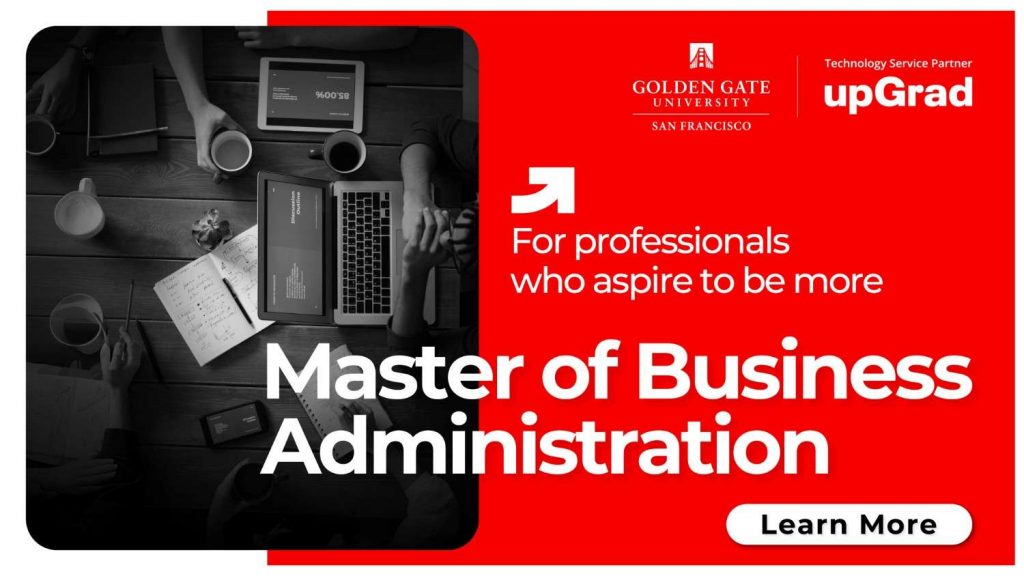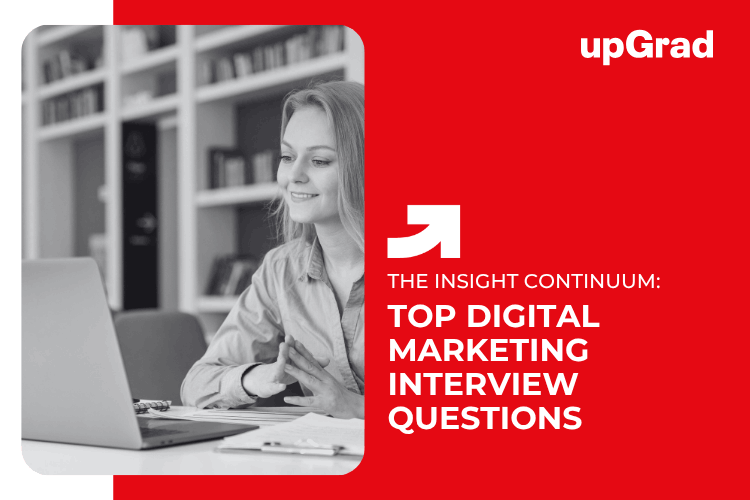The digital marketing landscape is complex and ever-evolving. Staying on top of the latest trends and strategies is key for aspiring digital marketers looking to land their dream job. In this blog post, we cover some of the most frequently asked digital marketing interview questions and suggested responses to help you ace your next big interview.
1. What does digital marketing mean?
Digital marketing is directed to any online marketing effort implemented through electronic devices and the Internet. It encompasses techniques like search engine optimisation, content marketing, influencer marketing, paid advertising, email marketing, and social media marketing to promote brands and reach potential customers.
2. What’s the difference between inbound and outbound marketing?
Inbound marketing involves:
- Creating valuable content to attract customers organically to your brand.
- Building awareness and generating leads through channels like blogs.
- Videos.
- Social media.
Outbound marketing takes a more interruptive approach, actively pushing messaging out to customers through mediums like TV, radio, cold calling, ads, and direct mail.
3. What social media platforms would be most useful for a B2B company? Why?
With social’s rising importance, interviewers want to know you understand how to choose networks strategically. Platforms like LinkedIn, Twitter and Medium suit B2B companies best because of their heavy business user base and options for distributing targeted content.
4. How would you boost brand awareness for a new e-commerce site?
First, focus on optimising on-site content and UI for conversions and sales funnels over vanity metrics like web traffic alone. Supplement with SEO to organically drive relevant search traffic. At the same time, launch targeted paid ads across channels like Facebook, Instagram and Google to efficiently and rapidly scale reach.
5. What’s your experience with Google Analytics? What metrics are most important?
Determining the metrics that best indicate customer satisfaction and commercial outcomes based on business goals is vital for meaningful measurement and decision-making. Discuss your hands-on experience and understanding of using data effectively in Analytics without assuming all metrics hold equal weight.

6. How would you optimise a website for higher Google rankings?
Focus first on building a fast, mobile-responsive site architecture centred around quality content and user experience – the core Google ranking drivers. Ensure proper site crawlability through XML sitemaps. Optimise page elements like titles, headers, URLs, alt text and the content itself for targeted keywords and semantic search optimisation.
7. What impact does page speed have on organic search performance?
Google explicitly uses page speed as an organic ranking signal because it correlates closely with user experience. Faster sites engage visitors better through quicker content delivery and smoother navigation, boosting metrics like time on site.
8. How would you structure an effective social media marketing strategy?
The first step is deep audience research to intimately understand your customers across demographics, interests, values and behaviours on various networks. Set S.M.A.R.T campaign goals across metrics like reach, engagement and conversions to optimise towards. Maintain an always-on posting strategy with 80% valuable content and 20% direct promotional messaging. Define a comprehensive roadmap centred on the audience while noting the importance of flexibility and iteration in social campaigns.
9. How can marketing automation benefit my business?
Building complex, programmed workflows to trigger emails, social messages, SMS and ads during key events like sign-ups, purchases and churn risks allows proactively addressing pain points, upselling opportunities and retention challenges. Automation also frees up employee bandwidth previously spent manually managing repetitive tasks to instead focus on high-impact initiatives and innovation.
10. How important is marketing attribution in determining campaign return on spend?
Extremely – attribution provides clarity on marketing ROI by tracing sales and conversions back to specific touchpoints along the customer journey. It is important to model attribution to ensure fund optimisation accurately. Platforms like Google Analytics have inbuilt tools to uncover these insights.
11. How can brands leverage influencer marketing effectively? What metrics indicate a good influencer match?
Vetted influencers allow brands to tap into niche, loyal communities authentically built around shared interests – unlocking new customer bases. Compelling co-created content also enhances perceptions of relevance and brand prestige. However, poor vetting risks reputation damage. Analyse audience overlap with the brand through metrics like followers within target demographics and their genuine content engagement rates before partnering.
Related Article






















